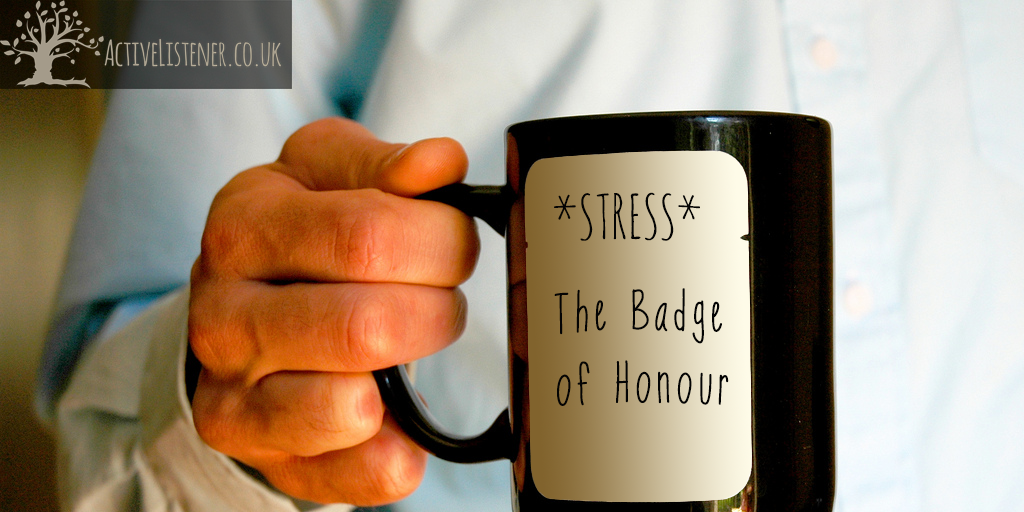It’s exam time of year again when children all over the country are revising for and taking SATs, GCSEs or A-levels. That’s children of 7, 11, 13, 15 and 18 years of age working hard to try and pass tests that may define their future. It can be an extremely stressful time for these children and it can be an unsettling time for parents too: Is my child revising enough? What will happen if they fail? Should I be pushing them harder? Am I pushing too hard?
So what do we actually want for our children? And I mean in the longer term: what is the most important thing they can take into adulthood? Well I’m a counsellor – and therefore probably biased- so my interest is in improving people’s well-being. This is because I believe that well-being under-pins the “success” of so many other areas of our lives; fulfillment, relationships, job satisfaction and happiness in general. But what do you all want for your children?
Childline reports an increase in calls at this time of year each year, as children are worried about exams. Childline quoted major themes such as not wanting to disappoint parents, fear of failure, and pressures linked to academic achievement. I remember listening to author, broadcaster and clinician, Professor Tanya Byron saying that most of the teenagers she used to see came from difficult – sometimes abusive – backgrounds. Now, however, she is seeing an increase in children from more privileged backgrounds, children who have expensive clothes, good food, regular holidays, with more pressure to do well. Apparently in 2013 research showed that as many as 1 in 4 students were receiving home tutoring to help them pass these exams, and I expect were I am based – in Tunbridge Wells – this is no different.
Radio 4’s All in the Mind this week was about exam pressures. The programme interviewed Lord Richard Layard, founder of Action for Happiness. He posed a question about how satisfied a person will be with their whole when life looking back? And his own answer was that “The worst predictor is their exam performance, the best predictor is their emotional health in childhood”.
So what can parents do?
My advice is to listen; really take an extra few minutes to make your child know that they have been heard and understood. If they storm away, don’t leave them to stew, make them a hot drink and let them know you are there. Help them to understand that their grades will not define them as a person, their best is good enough and they are good enough.
As this brilliant short poem “In My Day” by Hollie McNish illustrates, children have a lot of other pressures to work through today, let alone the increased exam pressures.

Useful Resources
Young Minds – 0808 802 5544
http://www.youngminds.org.uk/
Childline – 08001111
http://www.childline.org.uk/
NSPCC – 0800 800 5000
https://www.nspcc.org.uk/











